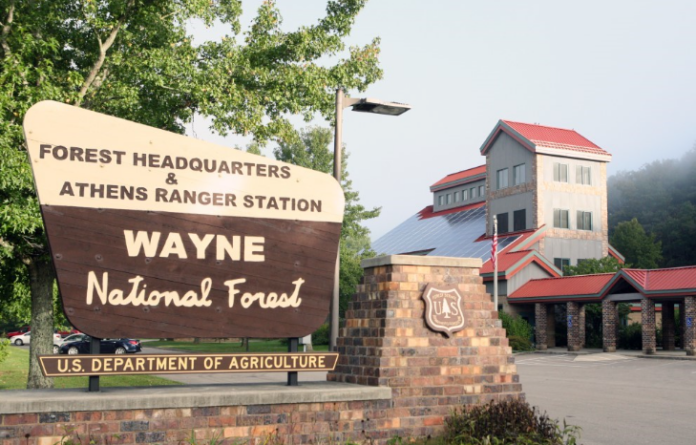The proposed federal initiative to rename Wayne National Park in Ohio has stirred debate. The U.S. Department of Agriculture Forest Service is exploring the possibility of changing the park’s name, citing its connection to Gen. Anthony Wayne, a figure from the American Revolutionary era. The reconsideration comes in light of Gen. Wayne’s role in the displacement of Native Americans in 1794. This move has faced opposition from lawmakers and residents who advocate for honoring Wayne’s historical significance.
Suggested alterations to the name encompass options such as “Buckeye National Forest,” aligning with Ohio’s state moniker, and choices like “The Ohio National Forest” and “Koteewa National Forest,” acknowledging forest management traditions.
Forest Supervisor Lee Stewart underscored the agency’s dedication to honoring tribal nations and communities. The goal is to select a name that authentically reflects the diversity of all communities in Ohio, fostering equity and inclusion.
The historical legacy of Gen. Anthony Wayne, characterized by his role in displacing Native Americans and owning more than 50 slaves, has become a central point of dispute. Republican legislators, led by Senator JD Vance, contend that Wayne’s historical contributions merit recognition and preservation. Vance has voiced apprehension, suggesting that the proposed name change diminishes Ohio’s history and is part of a larger federal pattern of substituting tangible historical figures with notional concepts.
Additional Ohio Republicans, such as Representatives Warren Davidson, Troy Balderson, Brad Wenstrup, and Bill Johnson, expressed dissent towards the suggestion. They raised concerns about the $400,000 cost linked to the alteration and urged an extension to the public comment period.
Ohio Speaker of the House Jason Stevens denounced the name change, branding it as an instance of excessive interference by the woke Biden administration. He emphasized that Wayne National Forest has been a beloved destination for almost a century.
In the public comments, residents suggested humorously renaming the forest as the “Woke National Forest.” Opposition centered around preserving history, with a comparison made between removing Anthony Wayne and erasing Thomas Jefferson from Mount Rushmore. Conversely, more than half of the responses supported the renaming, citing concerns about associating the park with a figure involved in violence against Native Americans. Advocates emphasized that the Buckeye tree better represents Ohio and underscored the importance of addressing overlooked aspects of history.
The final decision regarding Wayne National Park’s name change is pending, with the Agriculture Department yet to make an announcement. The ultimate resolution lies in the hands of U.S. Agriculture Secretary Tom Vilsack.




